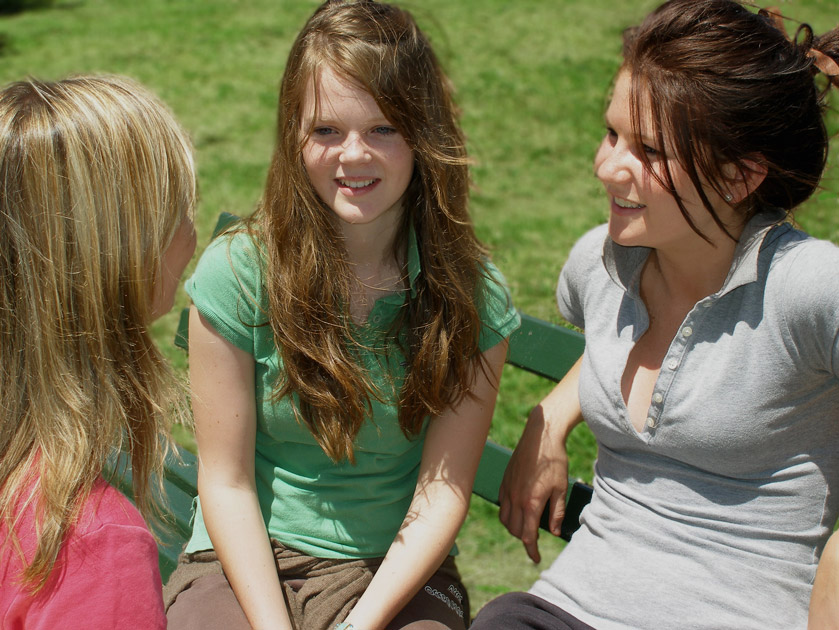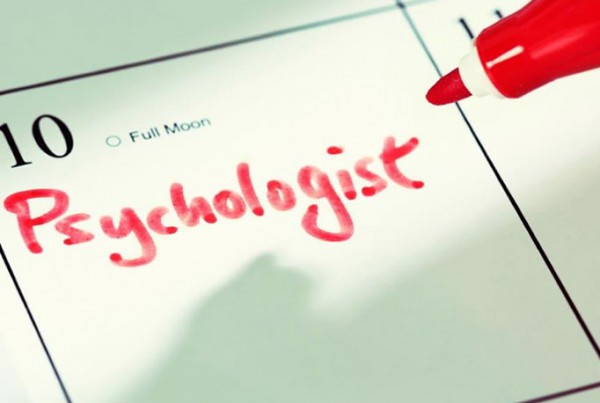We hope you find the following information useful.
…but if the question or the answer you have is not here, then please make a suggestion
Helping people help themselves…
Advice Sheets for parents and teachers:
Helping Young People Get Help
Practical, engaging strategies born from years of experience…
Helping Young People to Accept Assistance
Only 1 in 4 young people who have mental health problems receive any professional assistance (Commonwealth of Australia, 2000). There may be many reasons why this is so. In conjunction with Monash University, Neo has undertaken research to better understand this statistic and find ways to facilitate young people accessing professional support. However, one major reason why young people can be reluctant to seek support is their need to assert their independence, especially towards adults. So, any suggestions that they are not independent, i.e. need help, is likely to be met with feelings of inadequacy or anger.

Remember these key points when talking to a young person:
- In general, younger adolescents will expect and need supportive direction – usually parents should make the decision to seek help after explaining their reasons. Older adolescents will usually listen to your advice, but will expect to make any final decision primarily themselves, and are more likely to agree with your suggestion if given the chance to decide for themselves,
- Suggest that everyone has their limit, and knowing when they have come close to their’s
is a sign of good judgement and wisdom – a strength that confirms their maturity, - Seeing a psychologist is like having tutoring with school work, or a sports coach, etc.,
- It is often best to encourage the young person to only commit to taking the first step and having one meeting with the psychologist – then let the psychologist do their job of engaging the young person. Don’t try and “sell the whole package” before they’ve had a “test drive,”
- Re-affirm that seeing a psychologist is a confidential relationship (usually for adolescents 14 and older) and that you will respect the young person’s privacy,
- Commit to being a co-client with the young person – make it clear you are not simply “dumping” them with the “shrink” to “fix”, but recognise your role in the problem, as well as the solution.
- Take a neutral position about the usefulness of seeing a psychologist – let them see for themselves if it is actually helpful, from their perspective.
- Less is more – don’t burn the bridge by making seeing a psychologist your agenda,
and not letting them “own” the idea or relationship with the psychologist.
Download this specially developed Advice Sheet for young people who are thinking about seeing a Psychologist: ‘Seeing a Psychologist – Info for Young People’
It is not wise to do any of the following:
- Threaten to withhold a privilege if they don’t comply with seeing a psychologist,
- Emphasise how negatively the situation is affecting you, or make them feel guilty or stupid for not seeing things from your point of view,
- It may severely damage trust if you trick the young person into attending a session by telling them something that is not true,
- The young person is probably likely to be feeling vulnerable and have feelings of low self-esteem, so be sensitive to the messages you might accidentally imply in what you say or do.
If all else fails, many parents find it useful to discuss other strategies with a psychologist first, to better gauge how serious the situation is, and to make sure their approach is most likely to succeed.





